Letter recognition Normal Alphabet Worksheets for Ages 3-7 - Page 2
59 filtered results
-
From - To
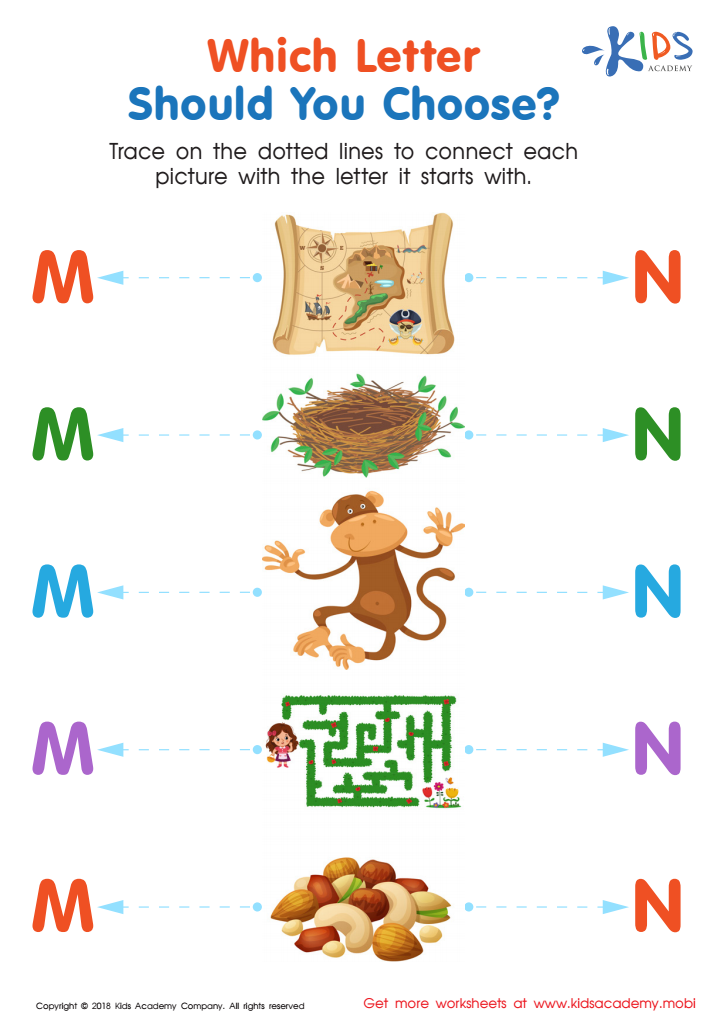

Which Letter Should you Choose? Worksheet
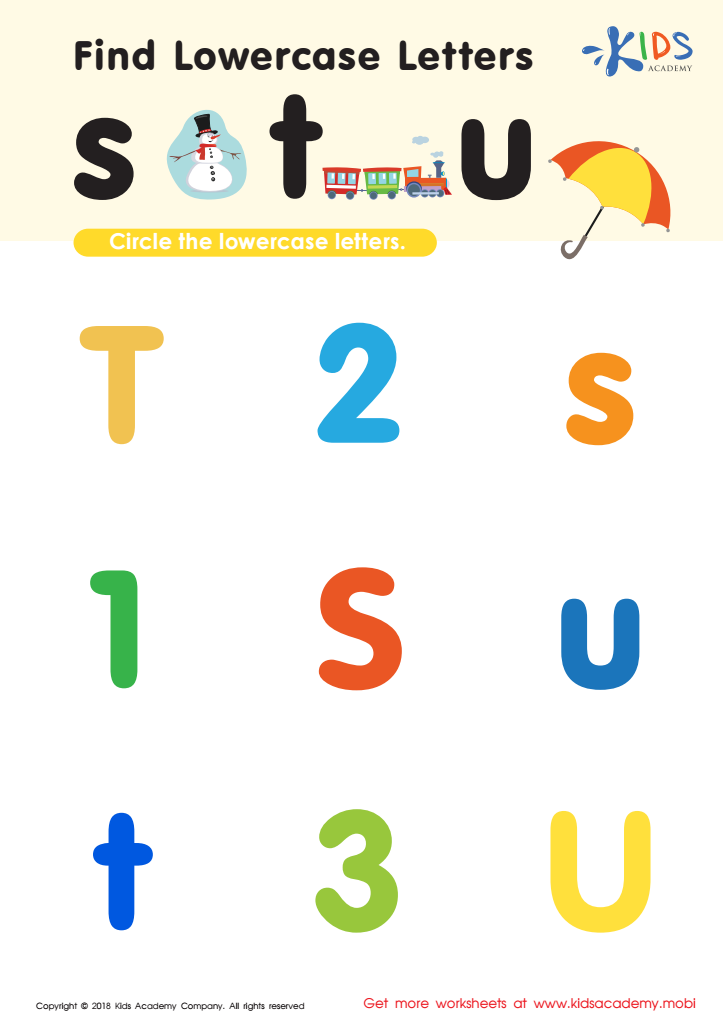

Find lowercase Letters s t u Worksheet
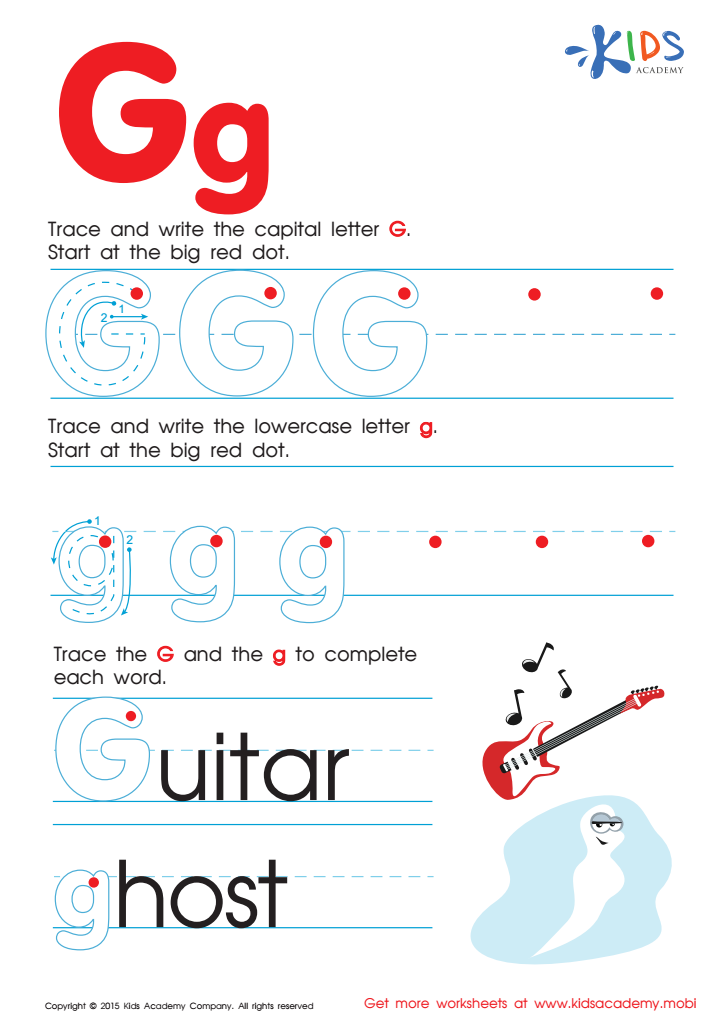

Letter G Tracing Page
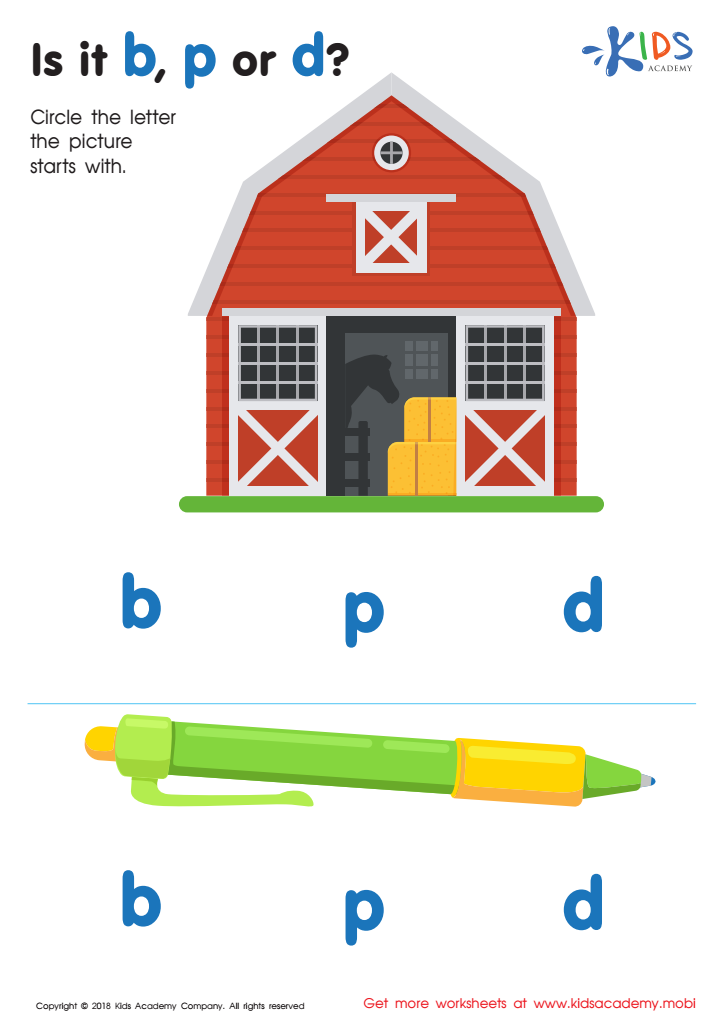

Is it b, p or d? Worksheet
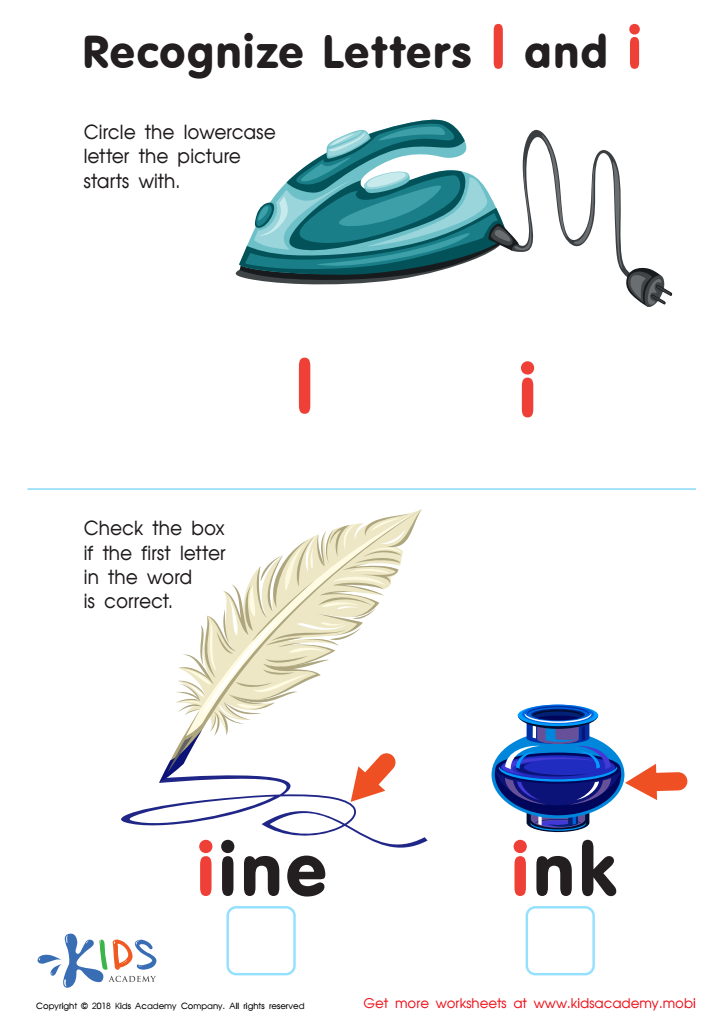

Recognize Letters l and i Worksheet
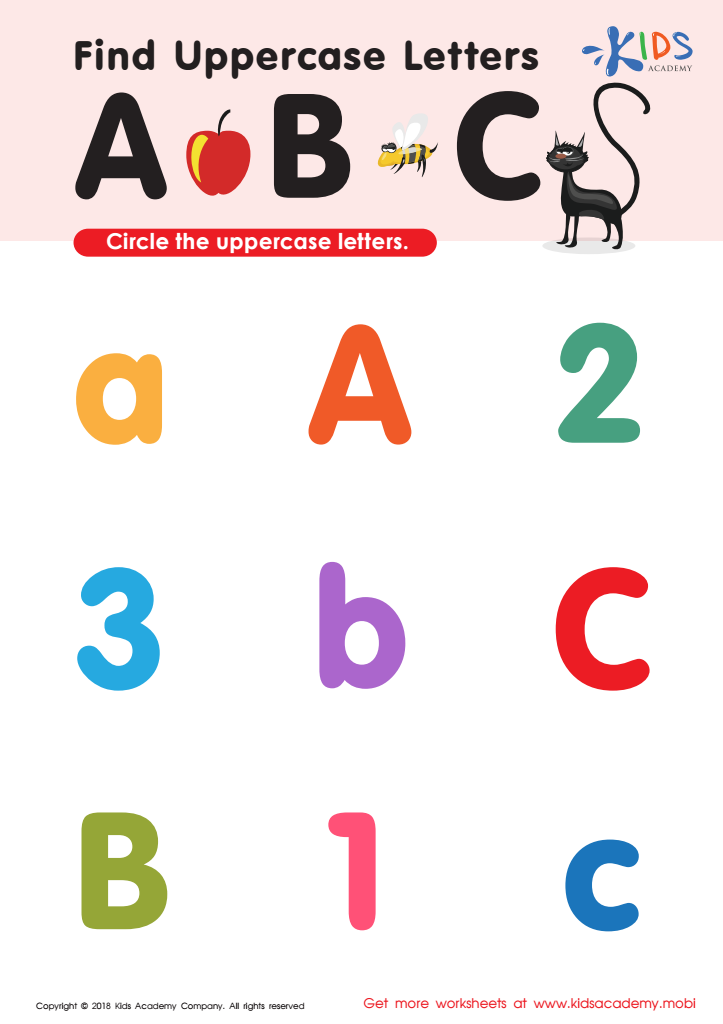

Find Uppercase Letters A, B, and C Worksheet
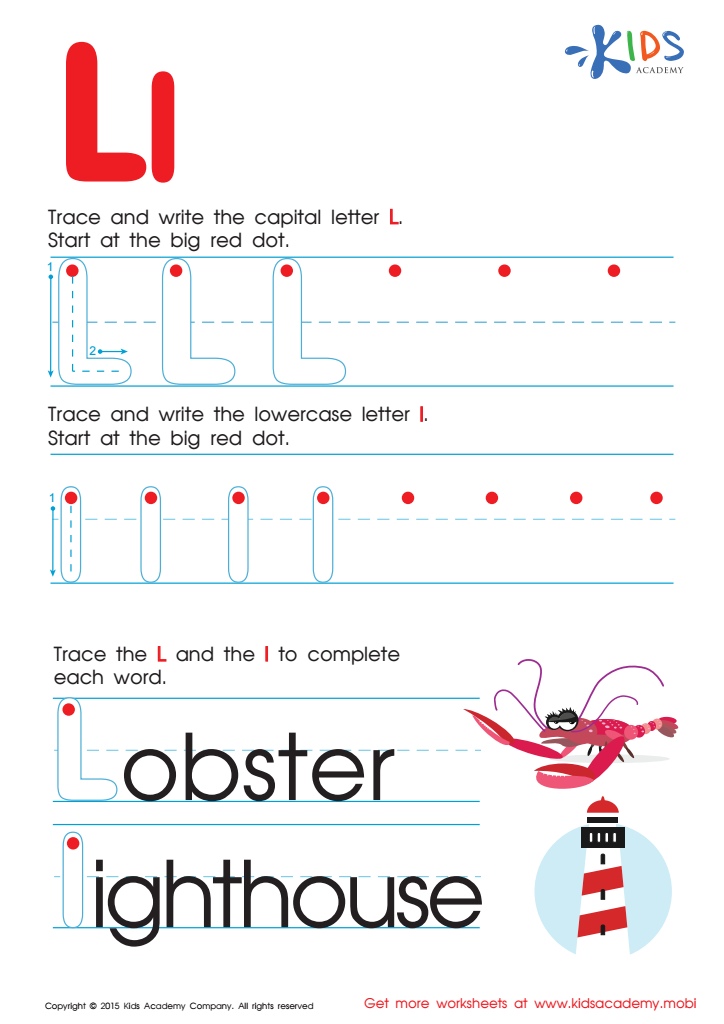

Letter L Tracing Page
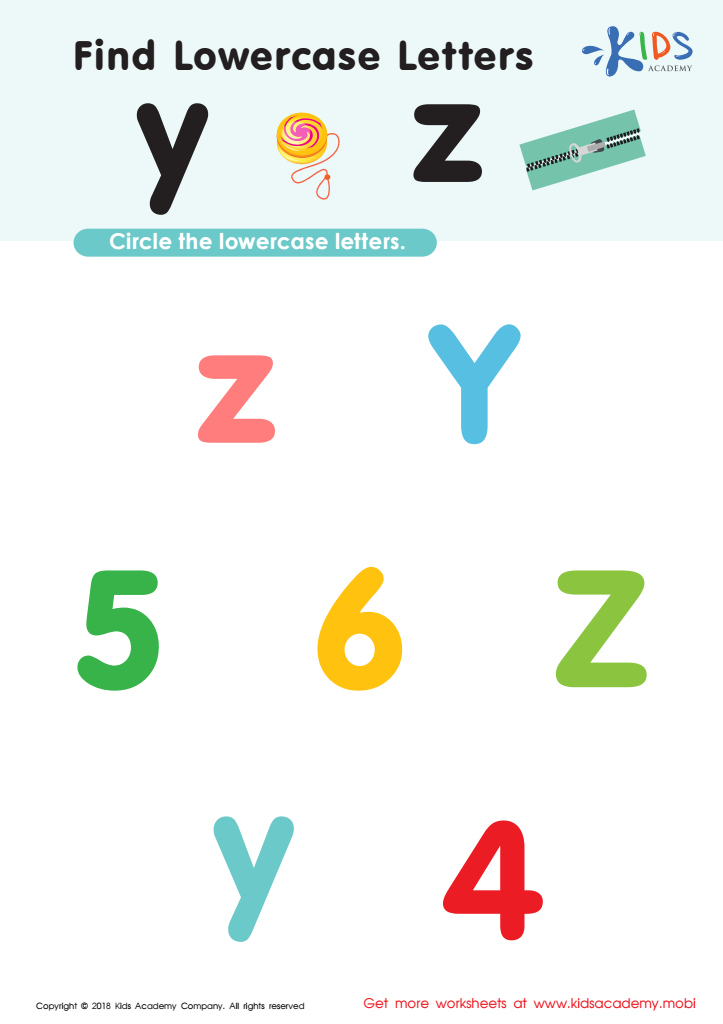

Find Lowercase Letters y z Worksheet
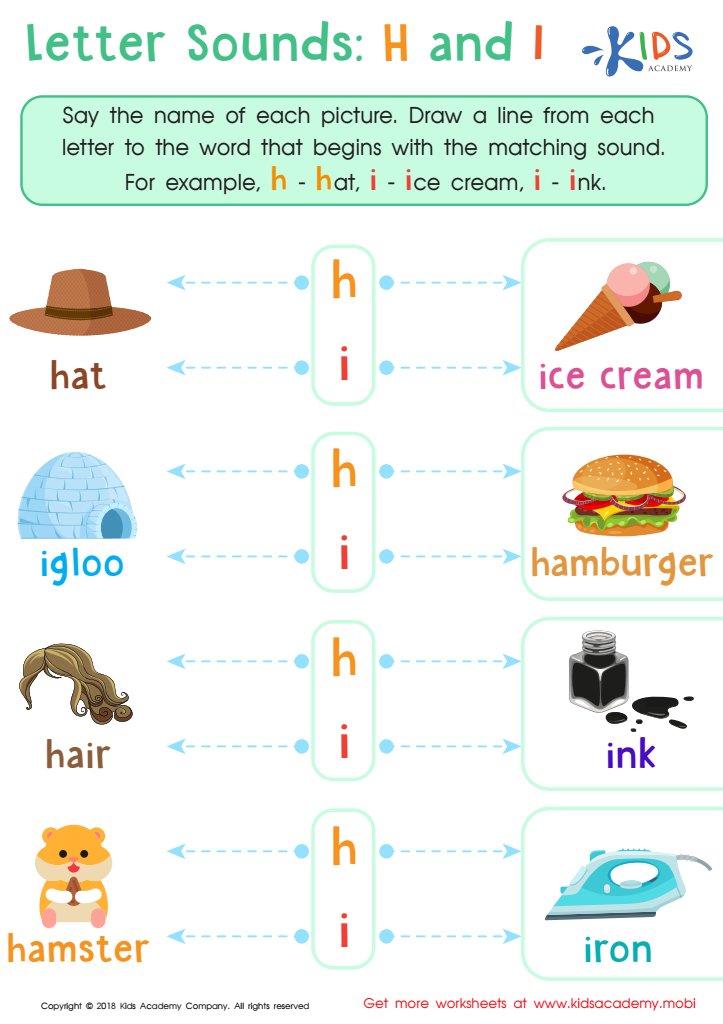

Letter H and I Sounds Worksheet
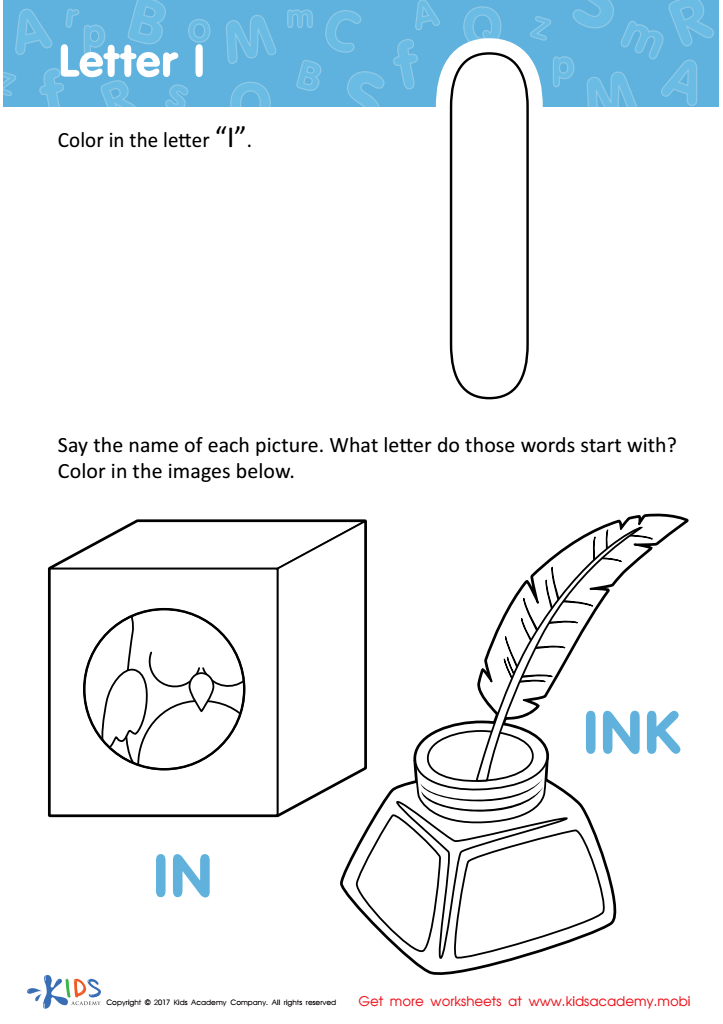

Letter I Coloring Sheet


Long and Short U Worksheet
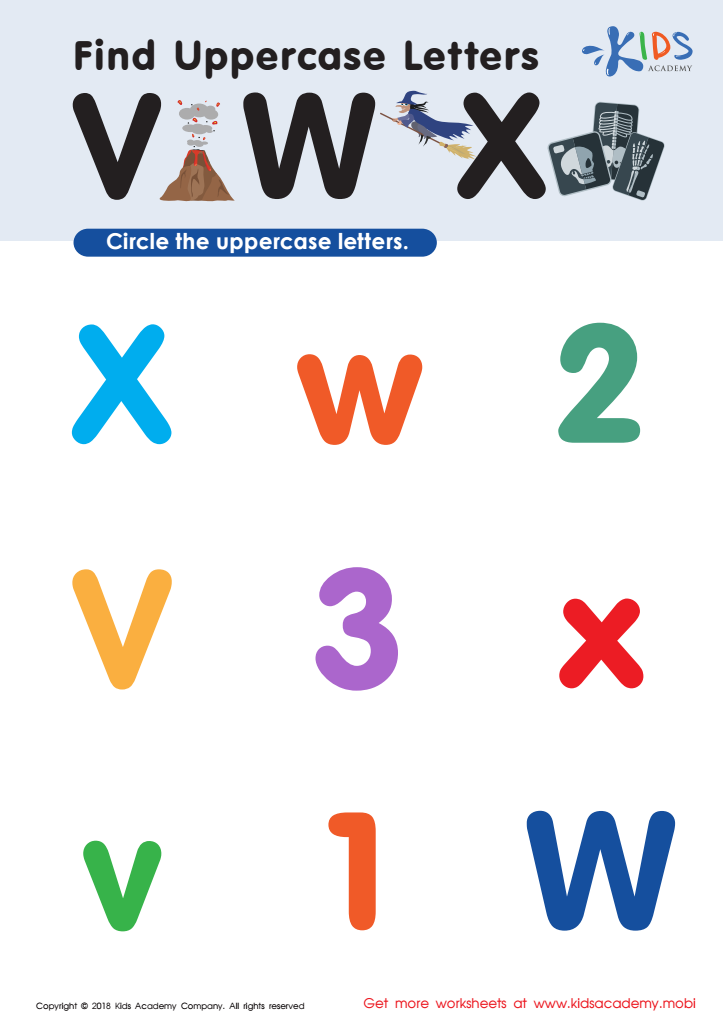

Find Uppercase Letters V, W, X Worksheet
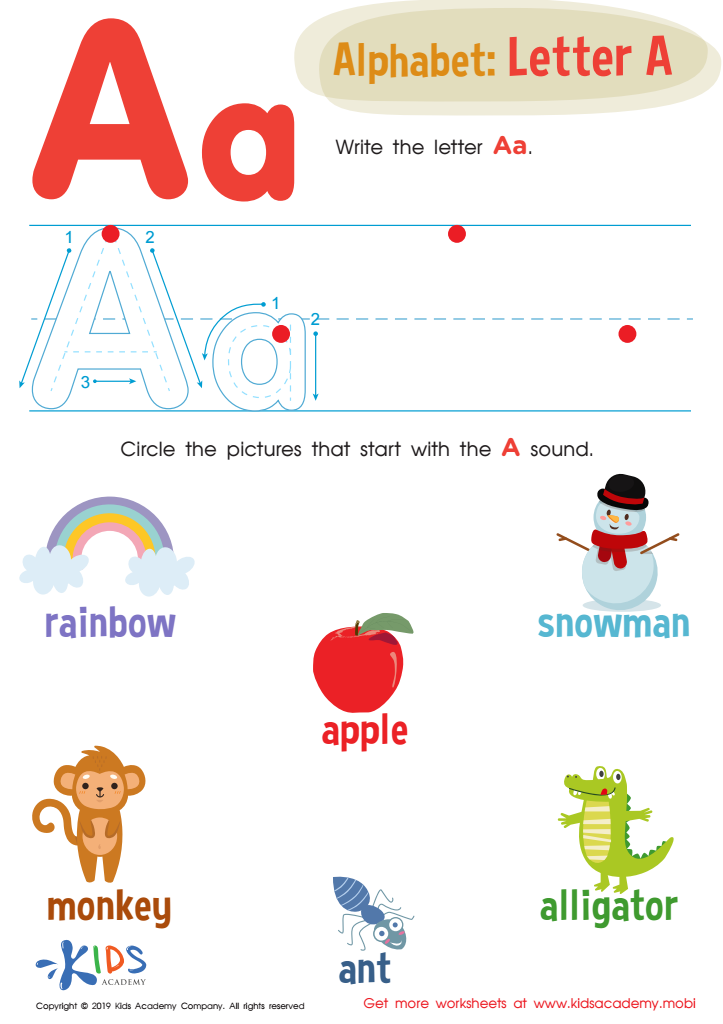

Letter A Tracing Worksheet
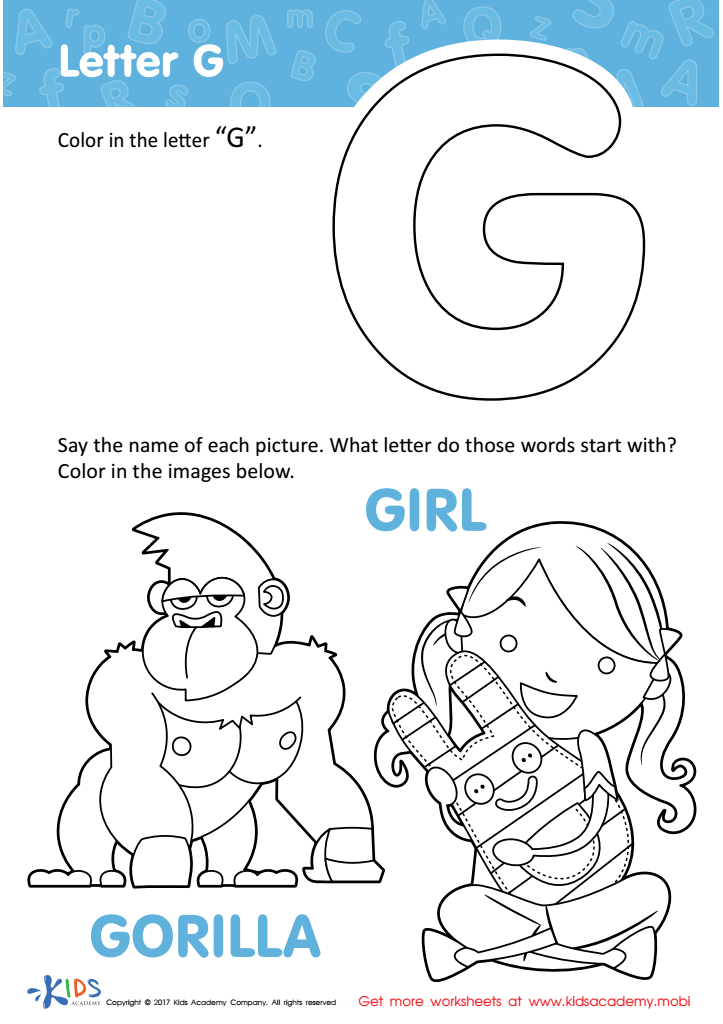

Letter G Coloring Sheet
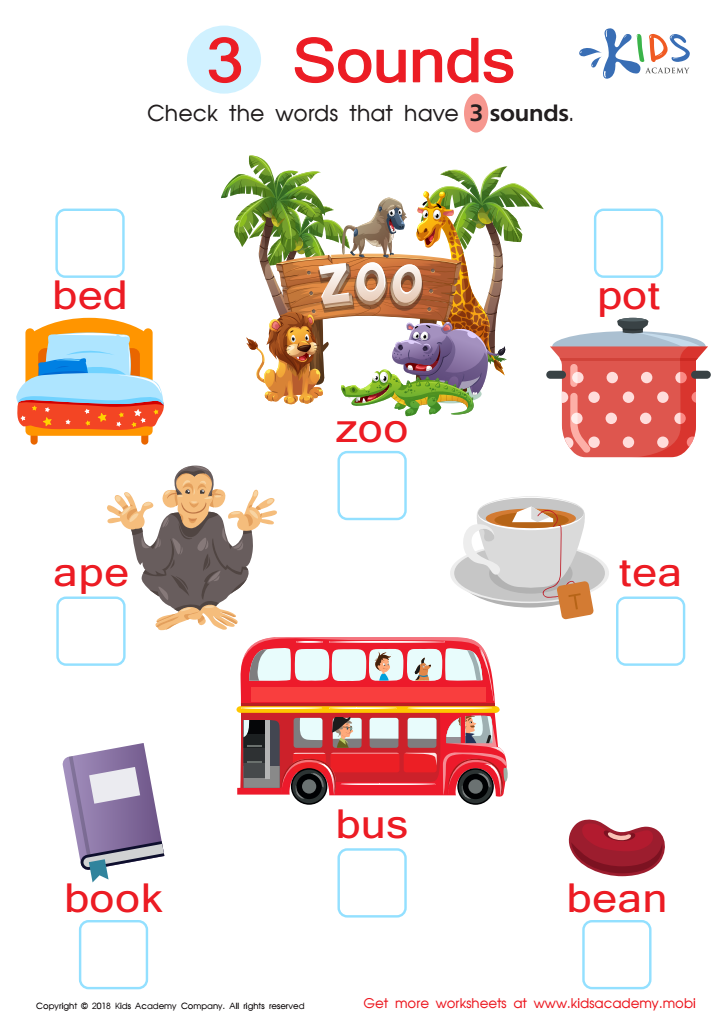

3 Sounds Worksheet
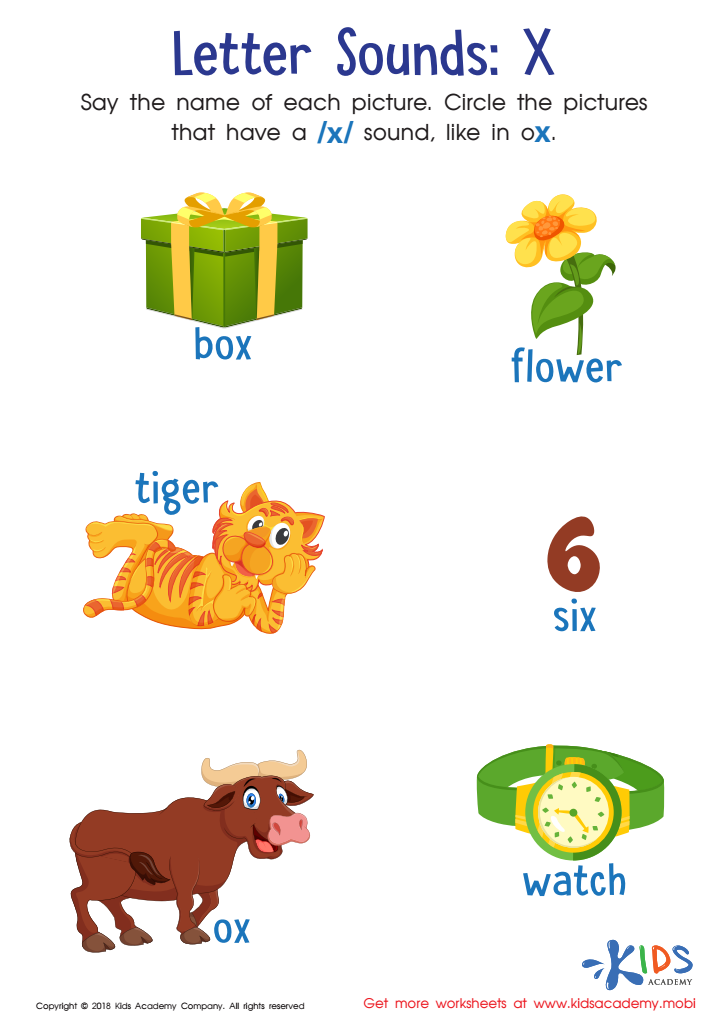

Letter X Sounds Worksheet
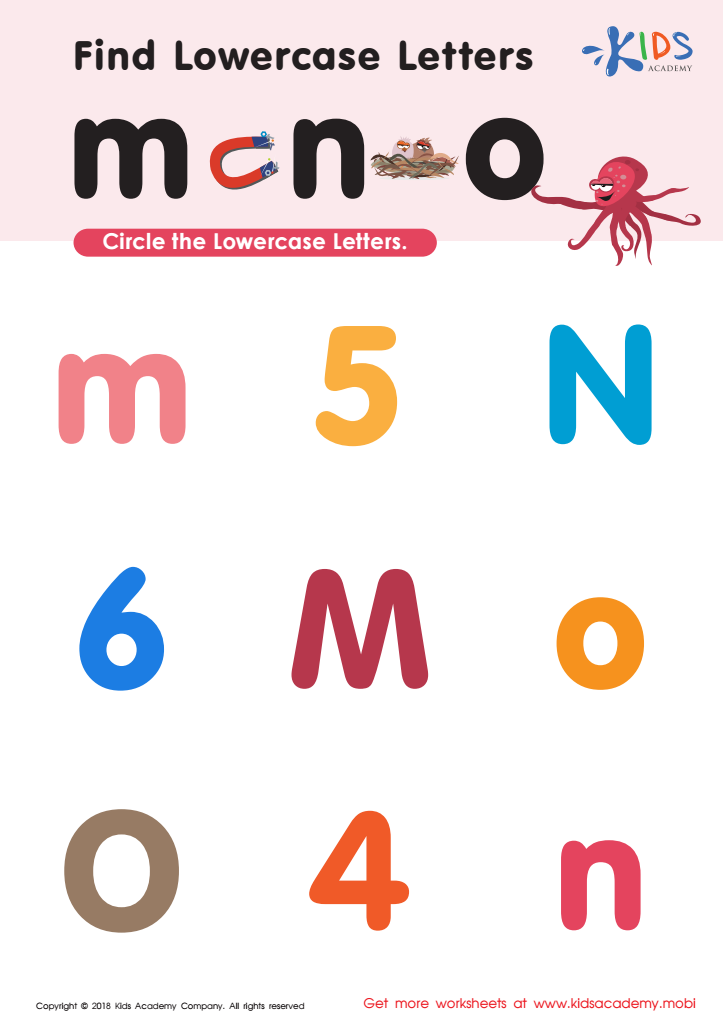

Find Lowercase Letters m n o Worksheet
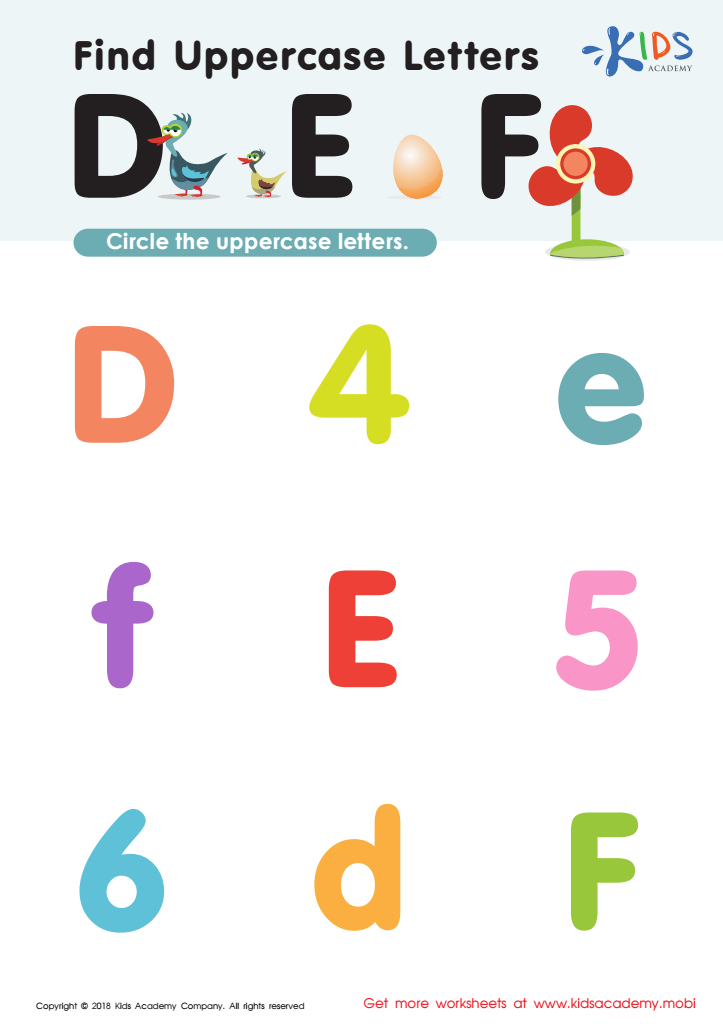

Find Uppercase Letters D, E, and F Worksheet
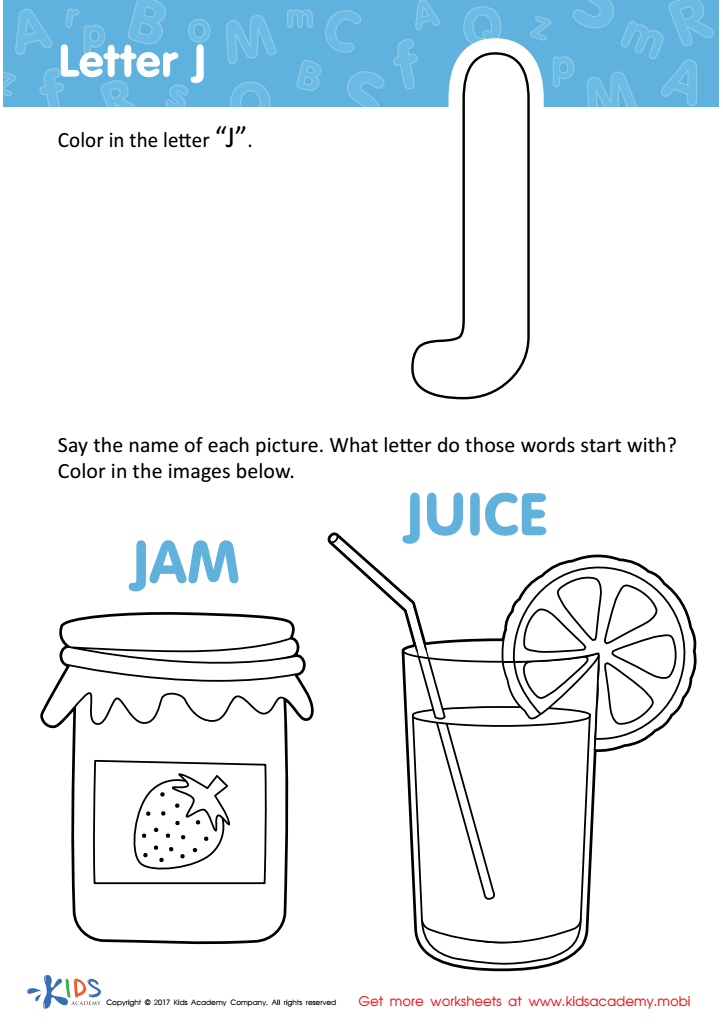

Letter J Coloring Sheet
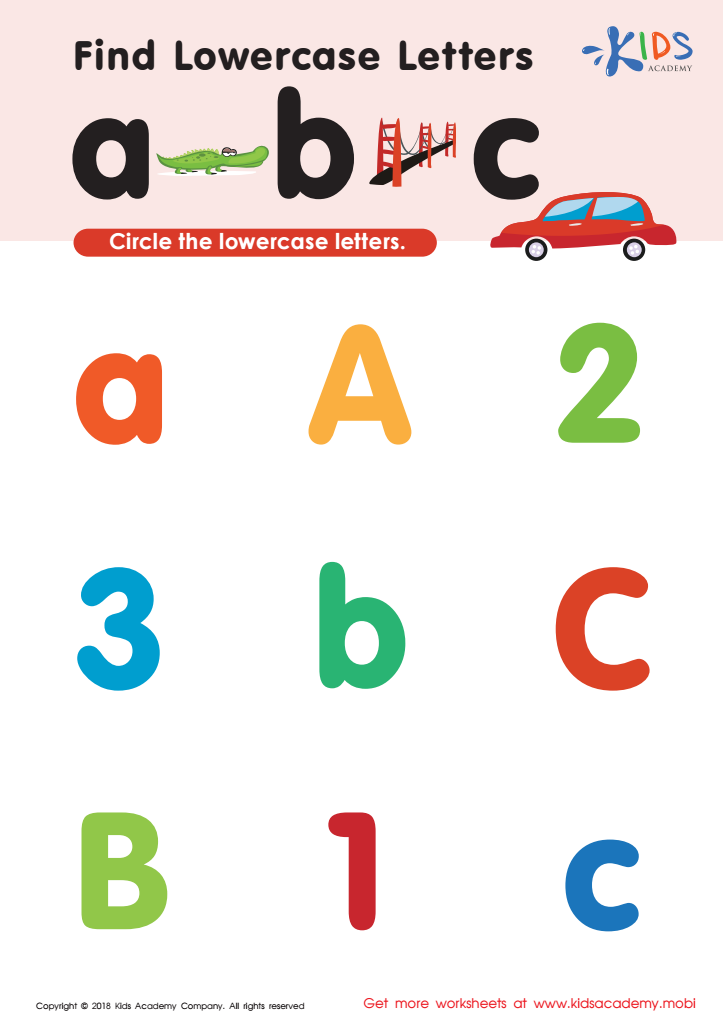

Find lowercase letters a b c Worksheet
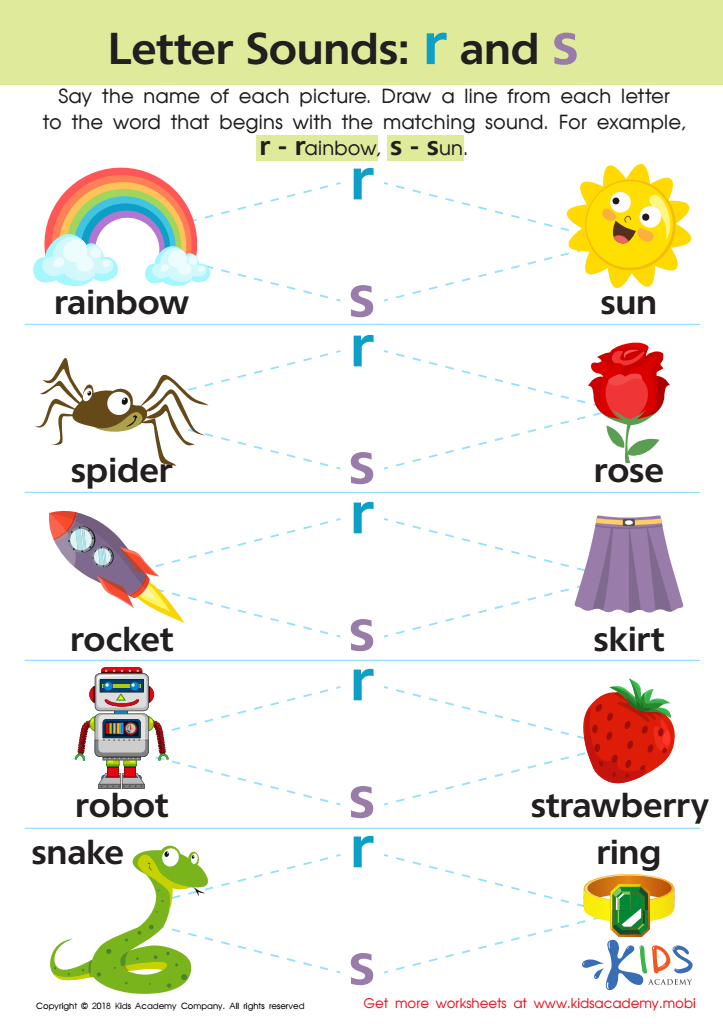

Letter R and S Sounds Worksheet
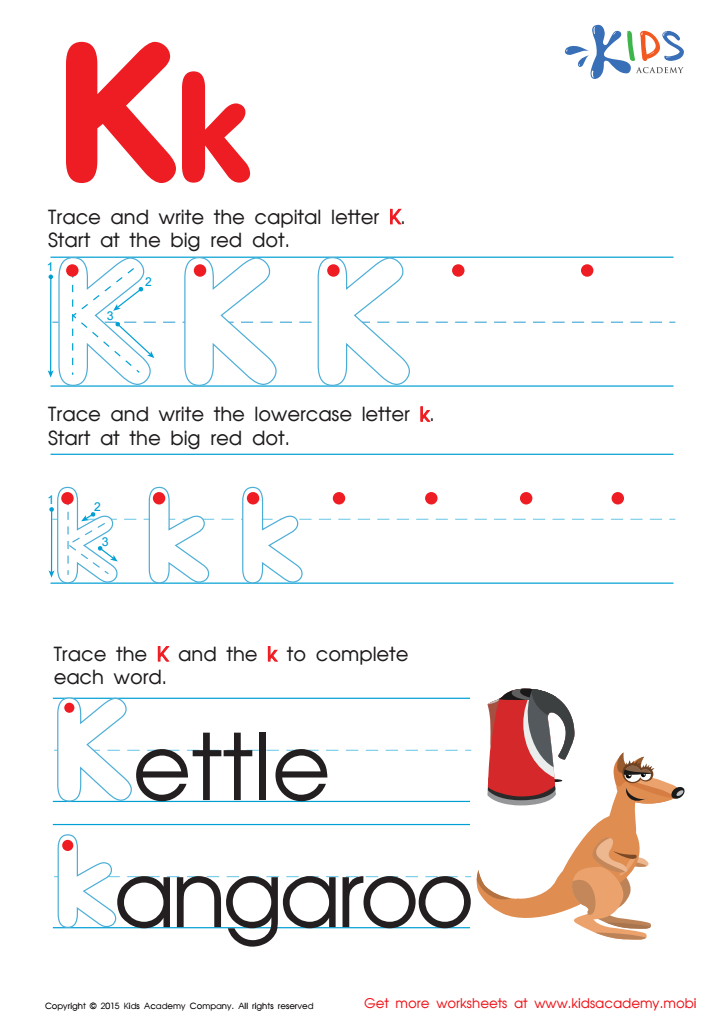

Letter K Tracing Page
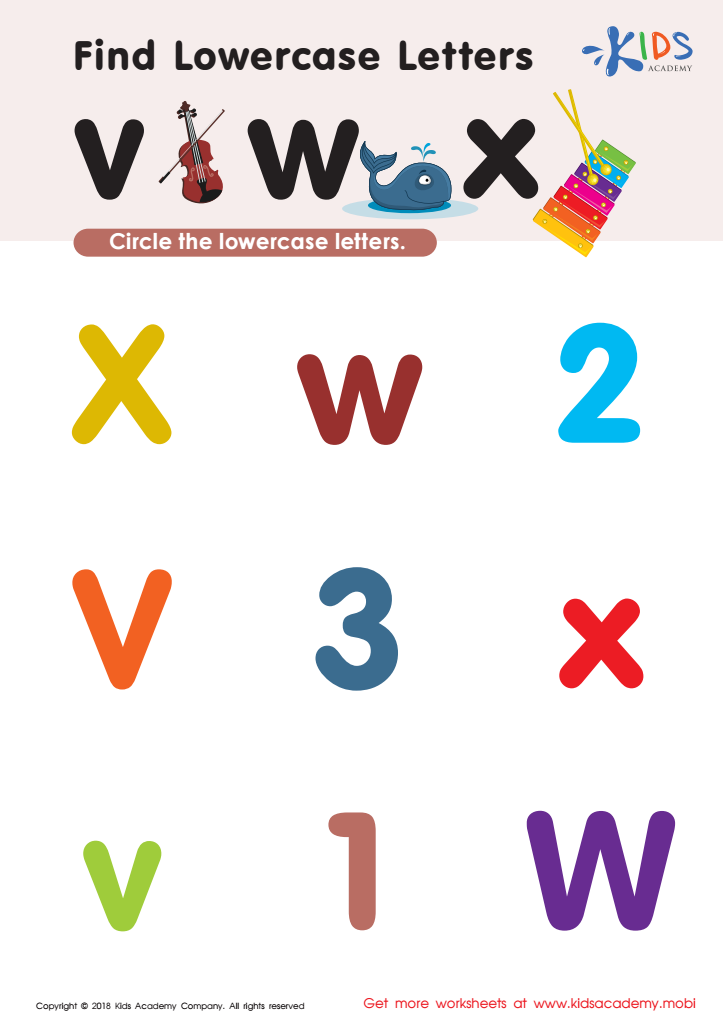

Find Lowercase Letters v w x Worksheet
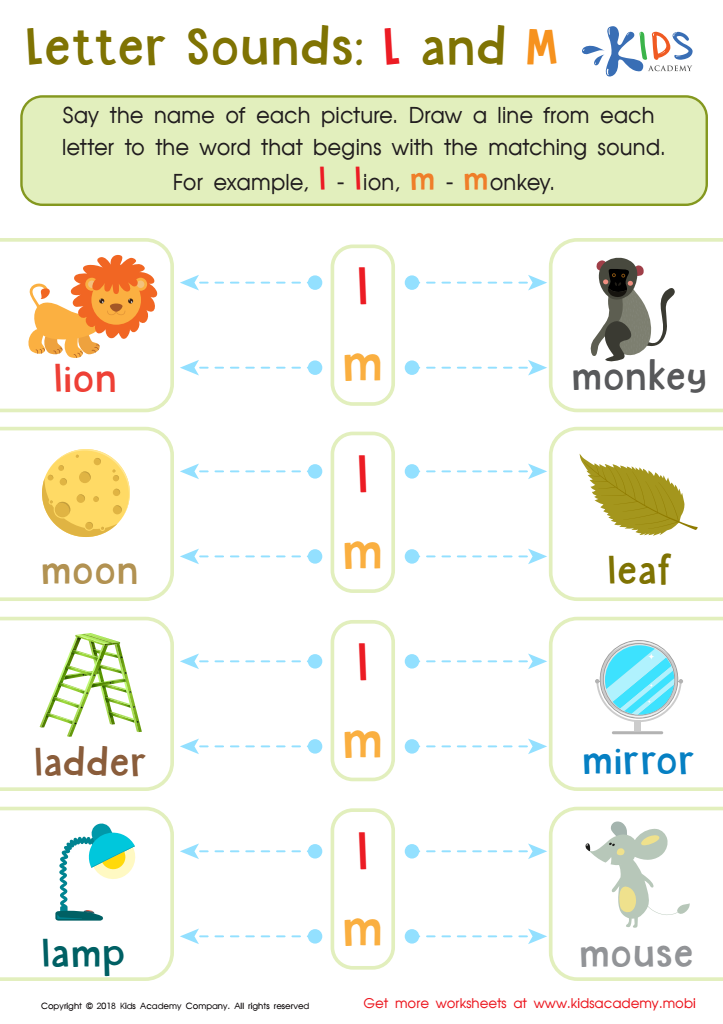

Letter l and M Sounds Worksheet
Letter recognition is a critical foundational skill for children aged 3-7, pivotal for their literacy development. This skill allows young learners to identify and name both uppercase and lowercase letters, which is essential for reading and writing. Parents and teachers should prioritize letter recognition because it serves as the basis for multiple literacy skills, including phonemic awareness, decoding, and spelling.
Understanding the alphabet aids children in discovering the connection between letters and sounds, which enhances their ability to read words. Early letter recognition facilitates successful engagement with print materials, fostering a love for reading. Additionally, it promotes fine motor skills, as children practice writing letters by hand.
Moreover, being able to recognize letters can boost children's confidence in a classroom setting, enabling them to participate in activities involving letters and words. This skill not only helps them academically but also cultivates a sense of accomplishment.
By creating engaging and supportive environments—through games, songs, and hands-on activities—parents and teachers can effectively teach letter recognition, lay the groundwork for future literacy success, and ultimately contribute to a child's lifelong language skills. Encouraging letter recognition in early childhood is an investment in their educational journey.
 Assign to My Students
Assign to My Students















